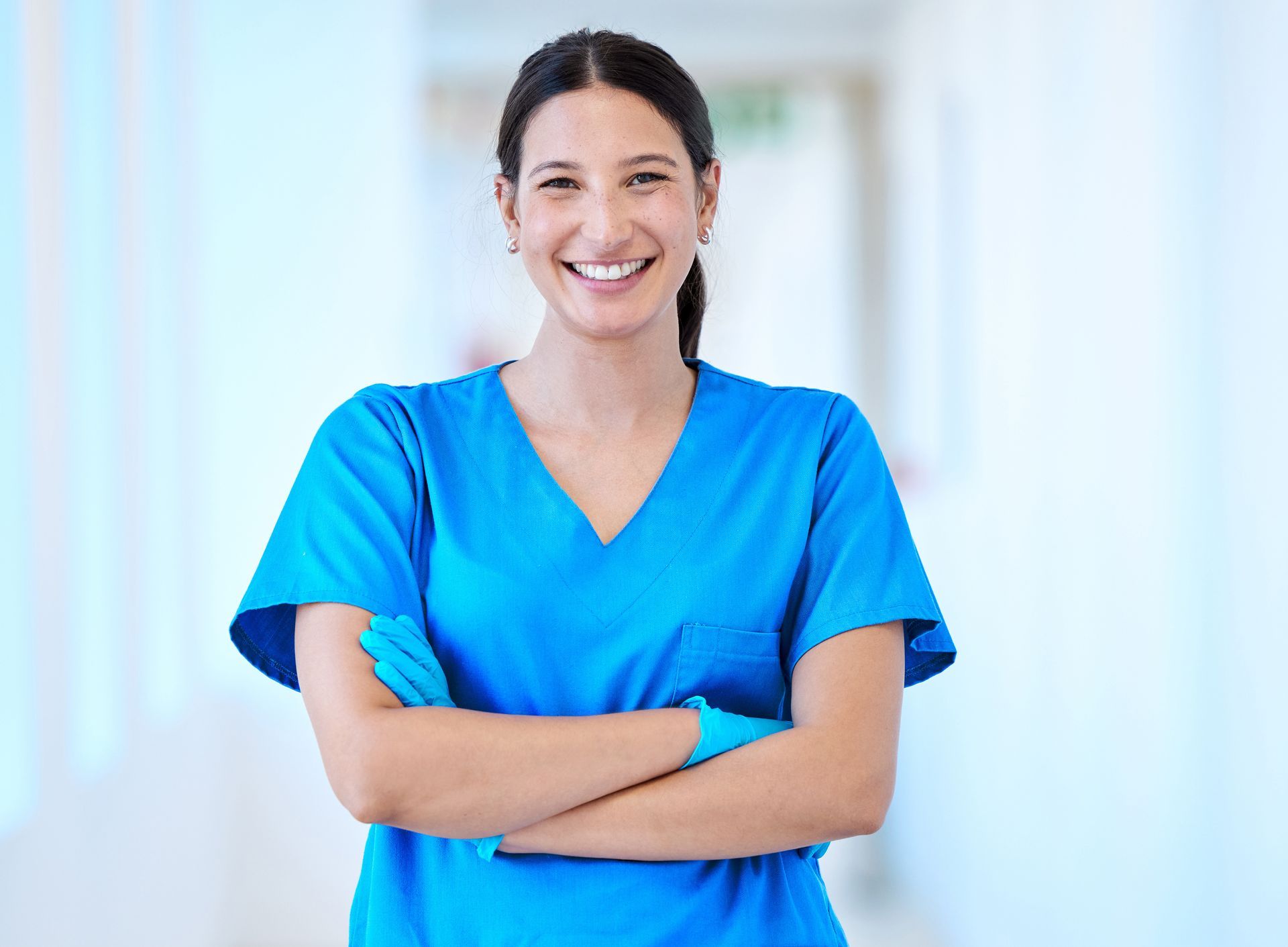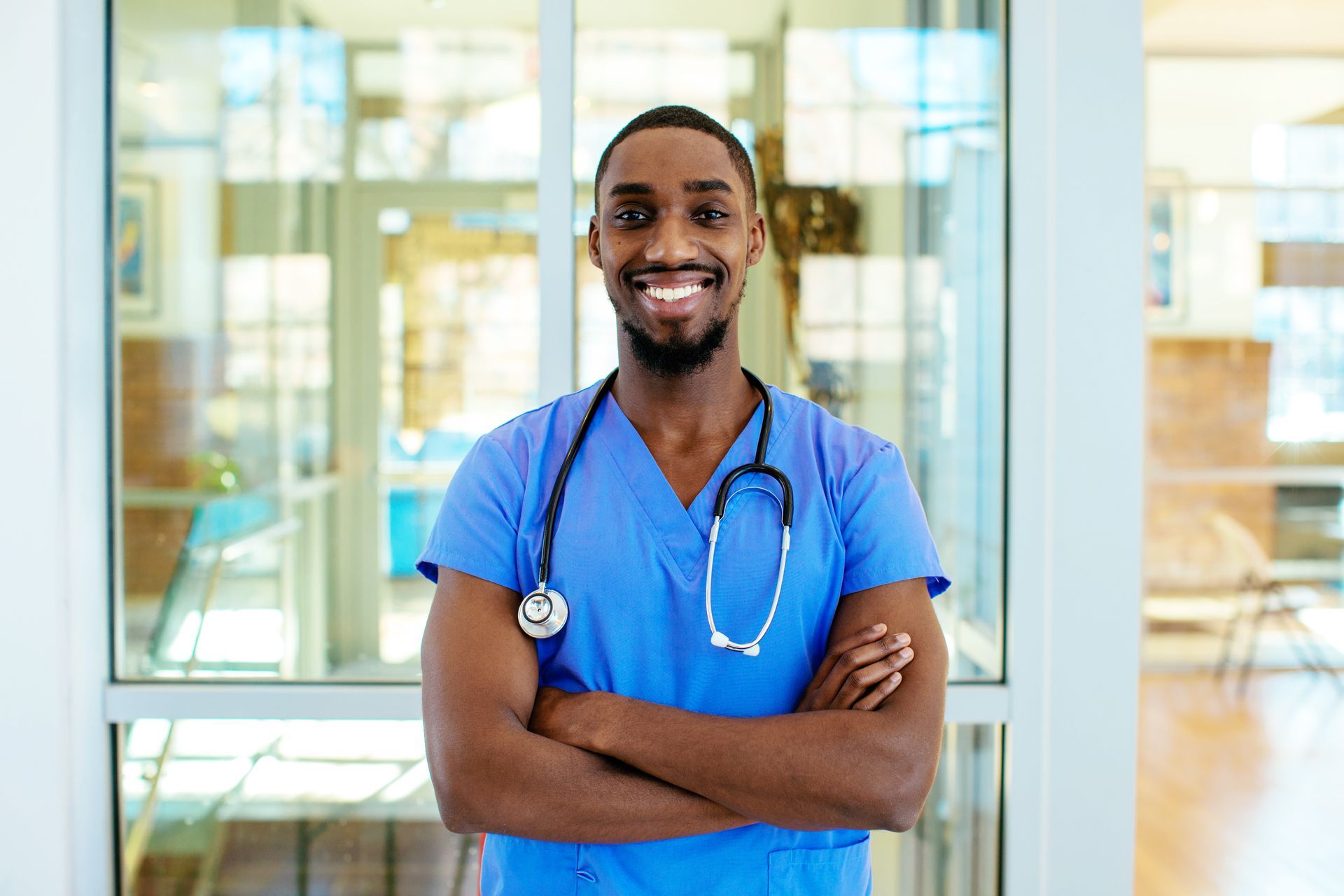
As a registered nurse, you’ve got a lot of career options in front of you. There are many different facilities that want your attention and many different specialisations to focus on. One of the best specialisations is aged care nursing.
Aged care offers a rewarding career path filled with challenges, variety, and wonderful people. There are a lot of options in aged care that will push you to develop, and use, a wide range of nursing skills.
There’s a lot to love about aged care. So, we’re going to break down 14 reasons why aged care is an awesome career choice for registered nurses.
1. Make a real difference
In aged care nursing you will regularly experience first-hand how it feels to change someone’s day for the better. You’ll be empowering clients to live at home independently with home care, or leading uplifting lifestyle activities, putting a smile on residents’ faces. Having the ability to spend more time with individual residents over a longer period of time allows you to get to know them and see the difference you make directly.
It's a space where your skill set really will shine. You’ll be doing wound care, medication management, leadership, acute care, rehabilitation, care planning, and so much more. There are a lot of different skills to tap into, and the residents you work with eagerly show their appreciation.
2. Hear incredible stories
Each day you’ll meet people who have lived amazing lives. Residents love to share their stories. So, you’ll learn from their pasts, hear about Australia’s good old days, and find out surprising things about incredible people. If you love hearing about history and other people’s lives you’ll love working in aged care.
3. Receive genuine appreciation
In aged care nursing you are much more than a number. You are appreciated each day for the value you bring to the lives of residents. The people you help in your work are genuinely happy to see you, often greeting you with a big smile.
Within aged care, you have more of a direct impact on a resident’s day-to-day life. Whether it be explaining what their medications are for, having a laugh over a story, or consoling relatives. You are at the centre of the residents' world, and an important person to their family. It’s a position that you’ll be thanked over for a lifetime.
4. Become an instant leader
Often, in aged care nursing, you’ll need to manage people and take charge. If you’ve never developed leadership skills before, then this will be the perfect space to grow. You’ll have plenty of opportunities to test and grow these skills, which will be a great boost to your career.
Of course, you aren’t just expected to pick leadership skills up out of nowhere. There are some incredibly talented nurses in the space who are role model leaders. You’ll pick up skills from them through mentorship and as examples to follow.
5. Meet new people
If you love meeting new and interesting people, then aged care is perfect for you. There’ll be a variety of residents, their families, kitchen staff, management, carers, and other healthcare staff who you’ll meet regularly. It’s all like being a part of one big family.
Aged care is the perfect space to share precious moments with a wide range of people that will make an impact on your life.
6. Learn new things
There’s always something new to learn in aged care. A wide range of your skills will be put to the test and developed as you rise to the variety of challenges you face each day. You’ll also gain academic lessons from other healthcare staff and life lessons from many of the residents. Aged care is enriched with a culture of learning.
With the flexibility gained from First Choice Care, you’ll also have the time to further your professional development through formal study while also gaining on-the-job experience.
7. There’s a lot of job flexibility
It can be tough for many aged care facilities to find skilled RN’s. So, facilities and nursing agencies will look after you when you sign up. You’ll be able to find a variety of different shifts to suit your lifestyle and will find your work-life balance is respected. They work hard to retain you long-term.
If you’re looking for a career path where you’ll feel appreciated and are seeking greater flexibility, then aged care nursing is for you.
8. Fulfil a sense of purpose
Many people become a nurse to fulfil a sense of purpose. If you’ve had family in aged care it can be heart-warming to make a positive difference in the lives of residents and their families. This sense of purpose can energise you and the work you do. It’s the perfect way to find your passion and feel fulfilled at work.
9. Network with a lot of health professionals each day
Every day you’ll be working with a wide range of healthcare professionals who will be relying on you for accurate and detailed information. You’re in the perfect position to improve resident outcomes, learn new skills, and make connections. You’ll be an integral part of the team, making a real difference to the overall health and well-being of your residents.
10. Work you can take pride in
If you’re looking for a career path that you can be proud of, then aged care is the perfect option. As mentioned before, Aged Care nurses make a huge difference in the lives of residents and their families. You’ll be the person caring for their parent, grandparent, sibling, aunt or uncle.
It’s an important role that takes a lot of patience and compassion but is extremely rewarding. You’ll see the smiles on the faces of the residents each day. You’ll become their carer and advocate, working to put their needs first so they get the best care. It truly is a role that impacts the lives of those you work with.
11. Become an advocate for the elderly
The elderly are a vulnerable population, and you’re in the perfect position to give them a voice and control over their care. You can advocate for them, sharing their wishes with other healthcare professionals to ensure they receive the care they prefer. By becoming an advocate for your residents, you’ll be the person they trust to ensure they get the care that they need providing better overall outcomes.
12. Loads of career opportunities
It’s a lot easier to stand out from the crowd in aged care. With more demand for nurses and fewer nurses in facilities, your successes stand out more. It means it’s a lot easier to get promotions, raises and commendations. You’ll be able to speed up your career progression and reach heights you never thought possible.
If you want to take things even further, look at agency nursing. Here you’ve got the opportunity to have all the great career opportunities from aged care nursing, plus access to greater flexibility, time, training programs, and much more.
13. There’s huge demand
As mentioned previously, there’s a lot of demand for aged care nurses. This is because the population of Australia is aging. There are more elderly people, more facilities, and more roles for nurses to fill.
So, regardless of whether you choose to become a staff nurse at a facility or want to be an agency nurse, you are sure to find an endless number of shifts to fill.
14. It’s a lifelong career path with a lot of variety
Demand for aged care nurses is not going away, in fact, it is projected to rise as time goes on. So, aged care nursing is a great pathway for anyone looking to enter a lifelong career that they can be passionate about. You’re guaranteed plenty of opportunities to grow and develop your career.
Not only that, but the role nurses will play in aged care will become increasingly more varied. With the advent of AI and other technologies, your focus will shift to providing higher-quality care for your residents. You’ll be free to do a wider variety of support tasks, working with other healthcare professionals to keep your residents happy, healthy, and cared for.
Conclusion
There’s no career quite like that of an aged care nurse. You’ll be providing an essential service to incredible people who are grateful for your work every day. By taking this path you’ll experience unmatched variety, flexibility, and networking opportunities. It truly is special.
The best way to make the most of your time as an aged care nurse is by becoming an agency nurse. You’ll have greater control and flexibility over the shifts you work and the direction of your career. Get started by registering your interest with First Choice Care.
More articles



© Copyright First Choice Care Nursing Agency 2024
Powered with
by Shazamme.com
© Copyright First Choice Care Nursing Agency 2024
Powered with
by Shazamme.com
© Copyright First Choice Care Nursing Agency 2024
Designed by Self–titled
1 Miles Platting Rd, Eight Mile Plains, QLD, 4113
1300 107 241 (Recruitment)
1300 307 241 (24/7 Contact)
© Copyright First Choice Care Nursing Agency 2024




